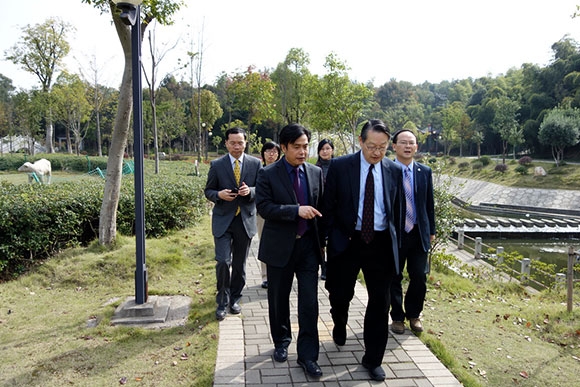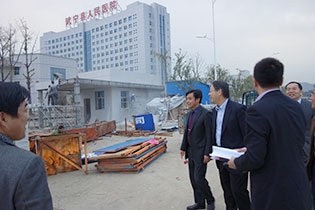Jiujiang University: Innovations in Rural Health Professionals

Rural areas of Jiangxi Province suffer from a shortage of skilled health professionals, so the Center for International Rural Medical Education (CIRME) at Jiujiang University Medical Center with CMB grant funding has introduced programs to increase the quantity and improve the quality of rural health professionals. One experiment is China’s Rural-oriented Tuition-waived Medical Education (RTME) to attract more doctors to underserved rural areas. Since 2010, CIRME has been offering five-year medical students free tuition, room, and books in return for their pledge of five years of rural service after graduation. The education of these RTME students—currently about 175 in number—places greater emphasis on rural township, primary care clinical, and public health competencies. CMB has provided grant support for Jiujiang University Medical Center’s efforts to develop a three-year curriculum for rural doctors (10-031) and rural community teaching sites (08-895).
The severe shortage of nursing is another constraint on the delivery of health services in rural areas. In Jiangxi rural townships, there may be only 1 nurse per 10 doctors—and the nursing education level may be low. With CMB grant support (08-891), Jiujiang has set up a rural nurse teaching lab that can facilitate new teaching methods, including problem-based, learning, context-based learning, and team-based learning, as well as experimental distance learning.
Jiujiang is sharing its experiences in rural health through the CMB Western Rural Health Network, a consortium of 12 medical universities. Jiujiang Professor Xia Xiulong, a 2008 CMB Distinguished Professor, with specialized interest in rural healthcare, was among the participants in the network’s September 2012 North American study tour (see related story).

